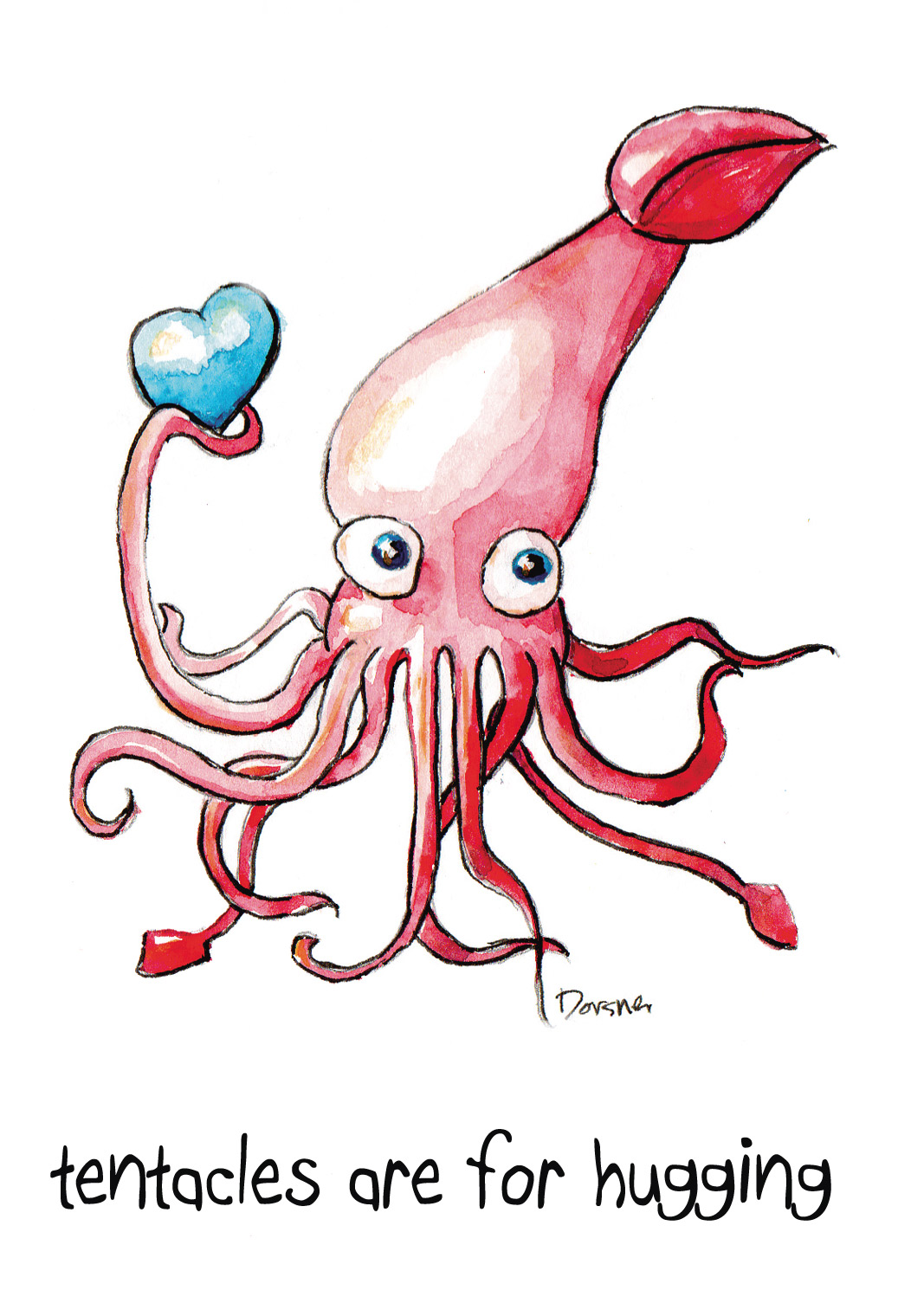She calls her blanket The Marshmallow because it's white and plump and soft. A jar near her phone stays stocked with candy, either from her roommate or her daughter. Her life's collection of pictures, books, things honed down to a blanket, clothes, and a bag looped over one of the handles of her wheelchair.
On a good day, she'll wake up for a meal, maybe two. She'll be present and make silly faces for her friends and the nursing home staff. She'll use her words, sharing the latest residents happenings. She might even call a friend on her red Droid Razr. Or win a couple of bucks at bingo.
But usually she sleeps most of most days, dizzy from seizures, sinus issues, or the neurological disorder which steals her memories and emotional control. She often sees things that aren't there; then will shake, frightened as a child. Other times, she stares off into a grey space of no words and stolen time. She tires quickly, not making it through a scoop of mashed potatoes before asking to be checked, changed, and taken back to bed.
Those are the days that worry her friends. And make me cry when I'm alone.
I wish I could tell her how proud I am of her for walking this horrid, clouded path with such grace.
Because she's my mom. And I miss her.
Be patient toward all that is unsolved in your heart and try to love the questions themselves, like locked rooms and like books that are now written in a very foreign tongue. Do not now seek the answers, which cannot be given you because you would not be able to live them. And the point is, to live everything. Live the questions now. Perhaps you will then gradually, without noticing it, live along some distant day into the answer.”
― Rainer Maria Rilke


